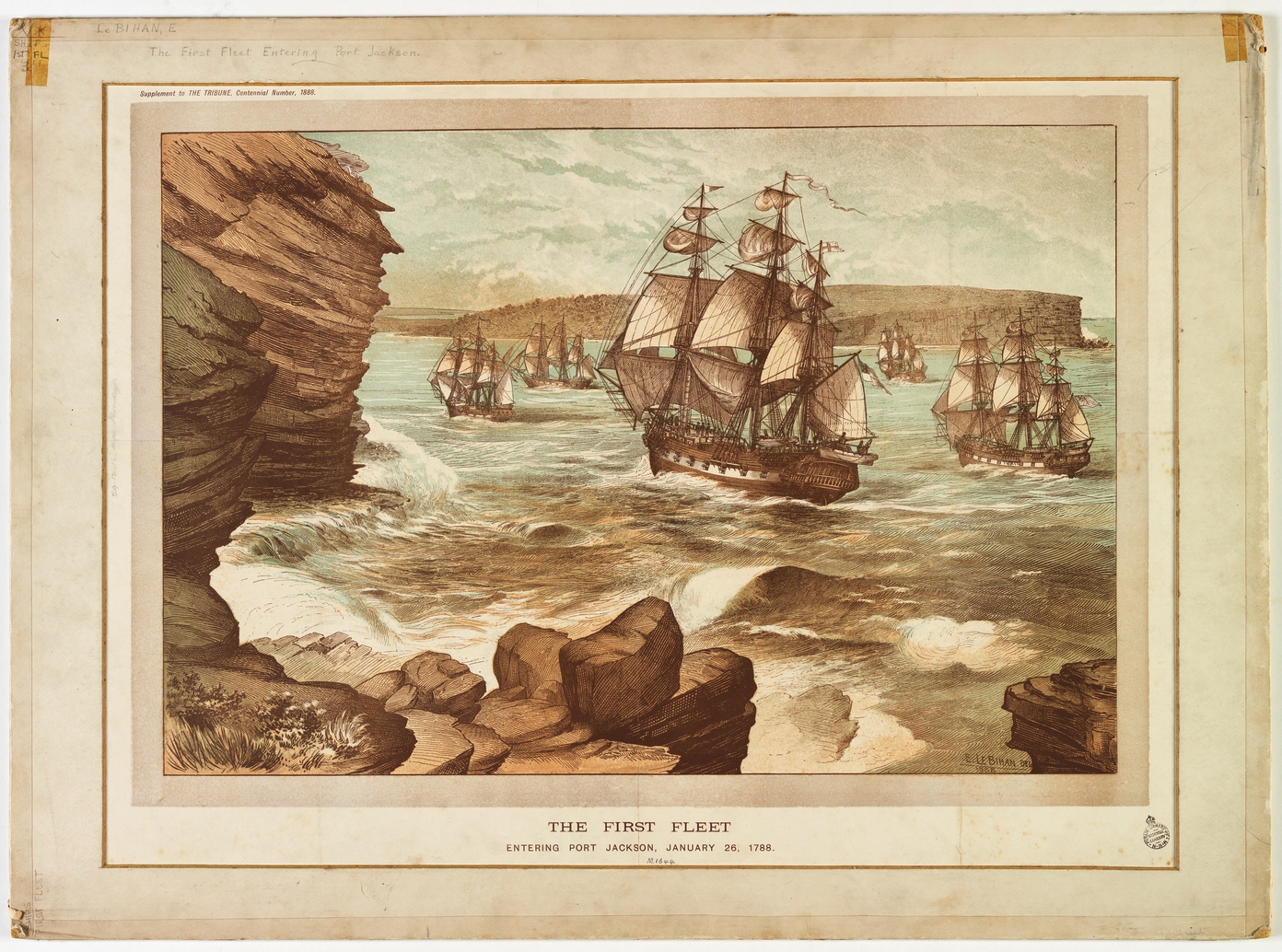 This week, Warren Mundine proposed that Australia Day should be moved from January 26 to January 1, because the 26th marks the arrival of the first white settlers at Sydney Cove.
This week, Warren Mundine proposed that Australia Day should be moved from January 26 to January 1, because the 26th marks the arrival of the first white settlers at Sydney Cove.
He does not have a problem with the concept of Australia Day, but rather the date itself which he believes represents conflict and conquest. However, there is no evidence to suggest that individuals from either British or Indigenous sides engaged in violent conflict during the first encounters.
Mr Mundine is not alone in fixation with the January 26. Last year, Triple J supported a petition which sought to hold the traditional Hottest 100 Countdown on any day during the year other than the 26th, stating that ‘by changing the date…Triple J can send a message to the First Nation’s Peoples that they, and their experiences, are valued and respected by other Australians.’
Juice Media, the lefty crowd behind #ChangeTheDate has made a short film which encourages Australians to cancel any plans they might have, by comparing the celebration of Australia Day on January 26 to 9/11, the bombing of Hiroshima and the Holocaust.
Last August, Daniel ‘Trials’ Rankin, one-half of the Indigenous hip hop duo A. B Original, informed Seven News that Australia Day is ‘not about lamington recipes, it’s about massacres.’
What exactly happened on January 26, 1788? This was simply the day that the ships of the First Fleet weighed anchor and left their initial landing point of Botany Bay for the better harbour of Port Jackson and the fresh water of the Tank Stream.
Their arrival was witnessed by the Eora people of the region.The day was not marked by violence or bloodshed on either side. Rather, the two groups approached each other with a mixture of mutual curiosity and interest. Before the arrival of the entire Fleet, things had got off to an amicable start. Governor Arthur Philip, who during his five years in the Colony was keenly interested in the Indigenous population, had presented the Aborigines with a selection of gifts when he went ashore on 20th January. The official policy of the British government was to establish friendly relations.
By the afternoon of that same day, the First Lieutenant on the HMS Sirius, William Bradley, reported that ‘we saw that our People & the Natives were mixed together…’ The next day two of the crew had wandered unarmed into an Aboriginal encampment where they met with ‘some Natives, Men & Women and Children who were very friendly, met them without fear & eagerly accepted of a Jacket which one of the Sailors gave them…’ By January 28, Bradley and his companions were ‘cordially received by 3 Men’ in a cove.’
Indeed, January 26 appears to be a day of somewhat endearing cultural exchange.
Whilst no-one denies that terrible injustices were inflicted on Indigenous people in the course of white settlement, it is mangled historical shorthand to link these events to January 26, 1788. In reality, the only grounds for opposing January 26 is if you don’t believe Australia should exist at all — in which case the date of the country’s national day is irrelevant.
Dr Bella d’Abrera is the Director, Foundations of Western Civilisation Program at the Institute of Public Affairs.
Got something to add? Join the discussion and comment below.
Got something to add? Join the discussion and comment below.
Get 10 issues for just $10
Subscribe to The Spectator Australia today for the next 10 magazine issues, plus full online access, for just $10.


























Comments
Don't miss out
Join the conversation with other Spectator Australia readers. Subscribe to leave a comment.
SUBSCRIBEAlready a subscriber? Log in